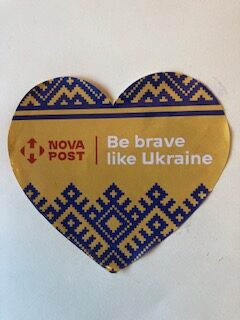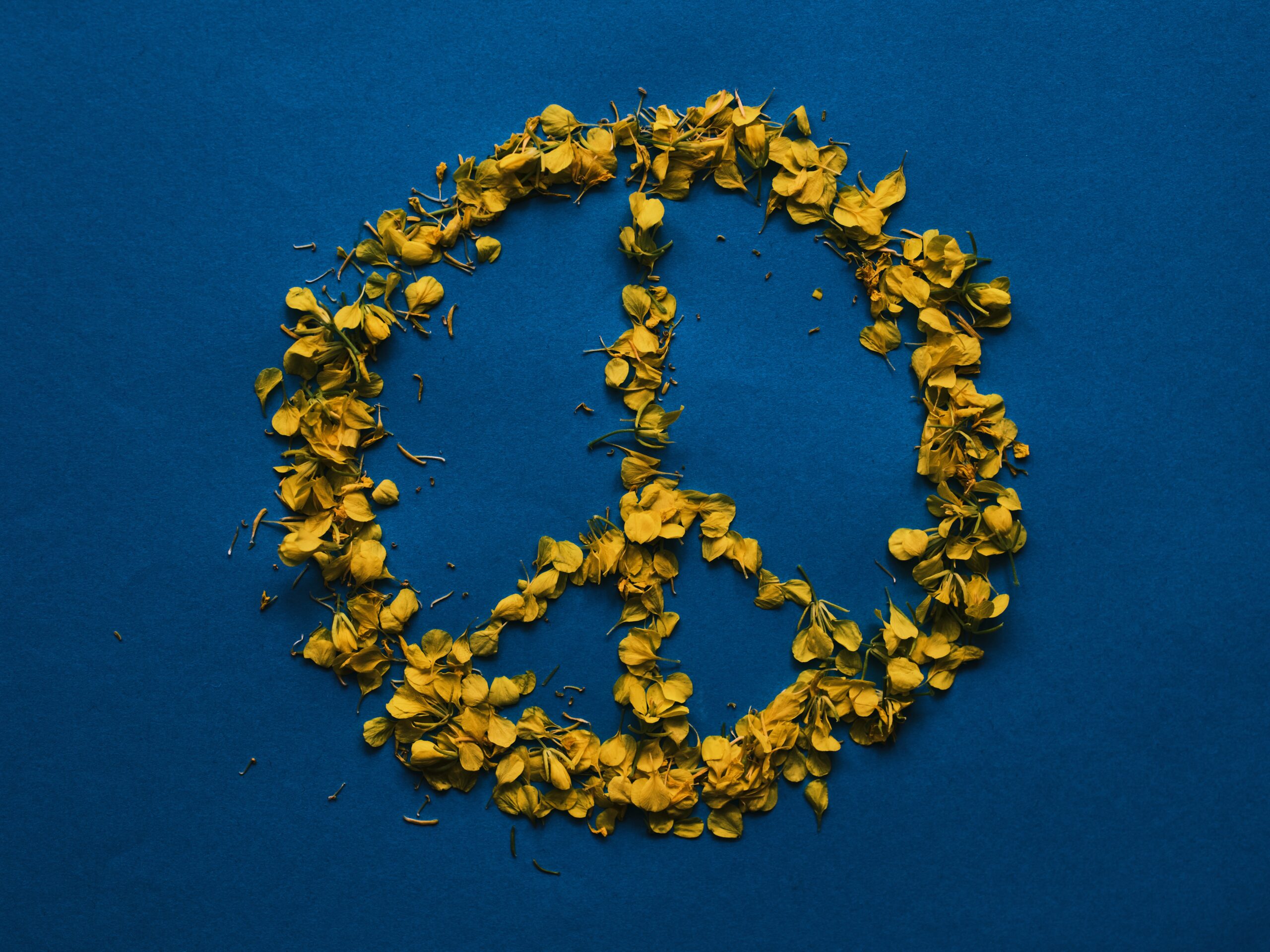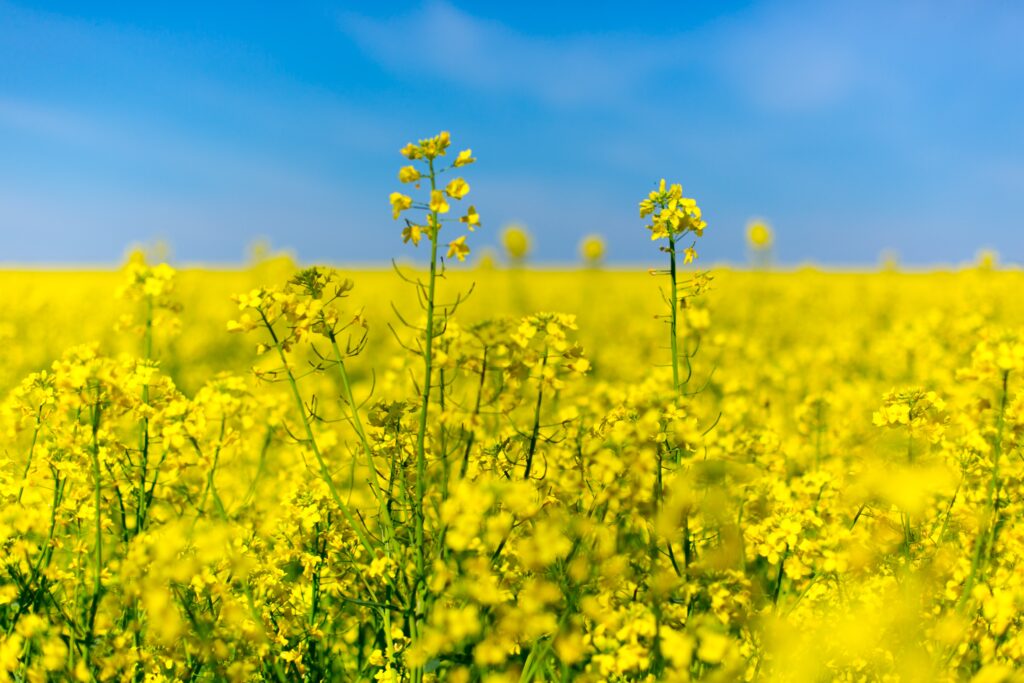The Chinese name their lunar years after the animals in their zodiac. These revolve in a twelve year cycle. In a few weeks, we will be in year of the snake. All sorts of propitious things are promised. But then, the year of the dragon, which we are leaving, predicted all sorts of good fortune too.
Not wanting to be left out, I’ve decided to name my years – not according to any zodiacal sign but simply on their merits. In my system, names are applied retrospectively so that a more accurate nomenclature will apply. Last year was definitely the year of the roller coaster.
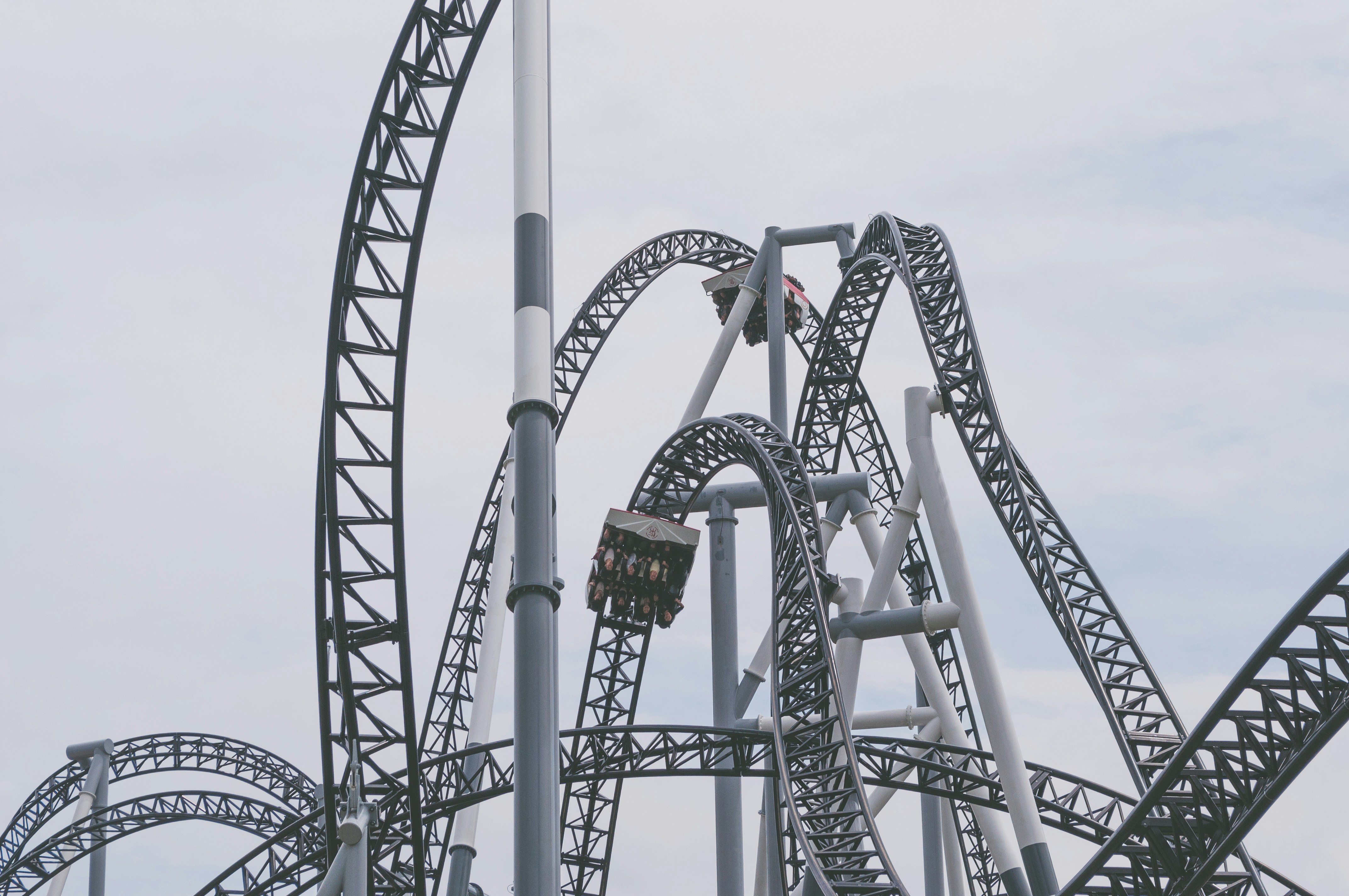
A worrisome year
2024 seemed to offer nothing but bad news (and I’m not even beginning to comment on world affairs). My brother-in-law died, my best friend from graduate school had a catastrophic stroke and too many friends were given awful diagnoses.
As a consequence, rather than looking forward to 2025 with hope, I looked to it with trepidation, knowing that at least some of those mentioned would not make it until 2026. I wasn’t sure that I had the stamina to cope.
Then I did something that shifted everything into perspective. I went through my new diary putting in birthdays, medical appointments and anniversaries as usual, but this time, I wrote on a separate sheet any good thing that had happened in a month. It didn’t have to be big or Instagram-worthy – it just had to be good.
A pleasant surprise
What I discovered was that every month had at least one happy event (and often more), which a cloud of worry had made me forget. Furthermore, on closer inspection, I realised that these events were giving me hints on how to cope when life most certainly wasn’t going to plan.
Let’s face the music and dance
Having last seen a professional live band sometime in the 1980’s, it was rather brilliant to see two this past year. I have Mariia to thank for this.
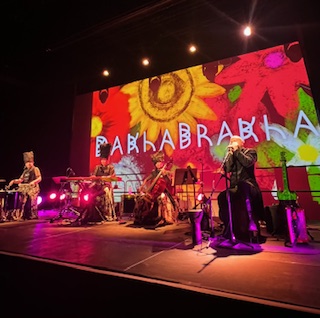
In January, we got to see the wonderful Dakha Brakha. Their skill as musicians and the moving imagery projected behind was a reminder that even when the worst occurs (invasion by a wicked superpower pretty much tops the list) that joy and beauty can still be found.
And in April, we got to see Ukraine’s top band, Ocean Elsa. It was a poignant experience with most of the audience composed of displaced Ukrainians. The performance gave them a taste of home.
This band, like Dakha Brakha, have used their international tours to remind others of the difficulties those in Ukraine continue to endure and to raise funds for the war effort.
When Ocean Elsa’s performance was interrupted recently in Kyiv by the air raid sirens, they continued the concert in the underground station. In doing so, they thrilled their fans and reminded them that the spirit cannot be silenced.
(The video above was taken by Mariia’s friend and content creator for the band, Oleksandra Hyzha)
Art to console and inspire
In almost every month, I took advantage of trips to galleries and exhibitions. Both our holidays centred around places of especially wonderful architecture and art. Vienna (June) was designed as a huge visual spectacle and Venice (September) was a veritable 3D picture postcard.
Vienna’s centre was built to impress and residents are rightly proud to live in such a city. For the purpose of this blog, it was an area on the periphery that interested me. Here, the architect Hundertwasser had designed social housing that would uplift the hearts of those struggling financially and bring joy to even the hardest day. His use of vibrant colour and inclusion of nature tried to show that even the most modest housing stock need not be depressingly grey.
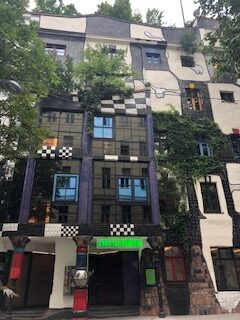
Venice, magnificent though it is, lacks soul. The grand piazzas and glorious facades are designed to impress. It is architectural conspicuous consumption. Though we may gaze in awe, we are not included in its glories.


The churches in Padua, in contrast, were a kind of exaltation. Their exquisite frescoes, paintings, tile and marquetry were commissioned in the service of God. Everyone was welcome to both wonder at their beauty and to bring their concerns. Padua is an important pilgrimage site and if you have any faith or none, the churches offered consolation in a difficult world.
In the company of friends
Few days, let alone weeks went by without visits to friends – some regular meetings like craft club and others more occasional, like my university friends’ annual reunion. All of them reminded me that nothing material can come close to the joy that shared companionship brings and any effort needed to host or entertain is rewarded with double in laughter and boosted morale.
My 60th in May provided a great opportunity to bring friends and family together and set the decade off on a positive note.
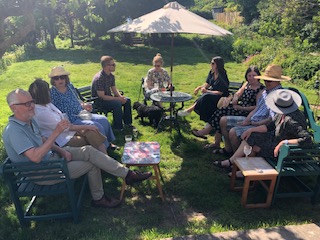
And so my diary went on: a coffee morning here, a visit from my son there. Over and over I had been blessed with joy in one form or another. And reading through it, I realised that I had fallen for the pity-party narrative when I should have been rejoicing at my good fortune. Yes, the year has brought a plethora of problems and yet, should I focus on these, I would lose that most valuable attribute: hope.
So, if you are feeling a little ground down by life, you might like to review the good times and remember that though the roller coaster lurches downwards for what can seem an eternity, it will climb again soon.

